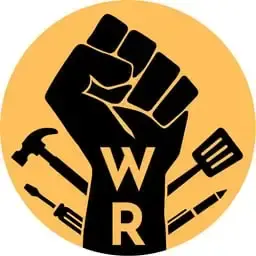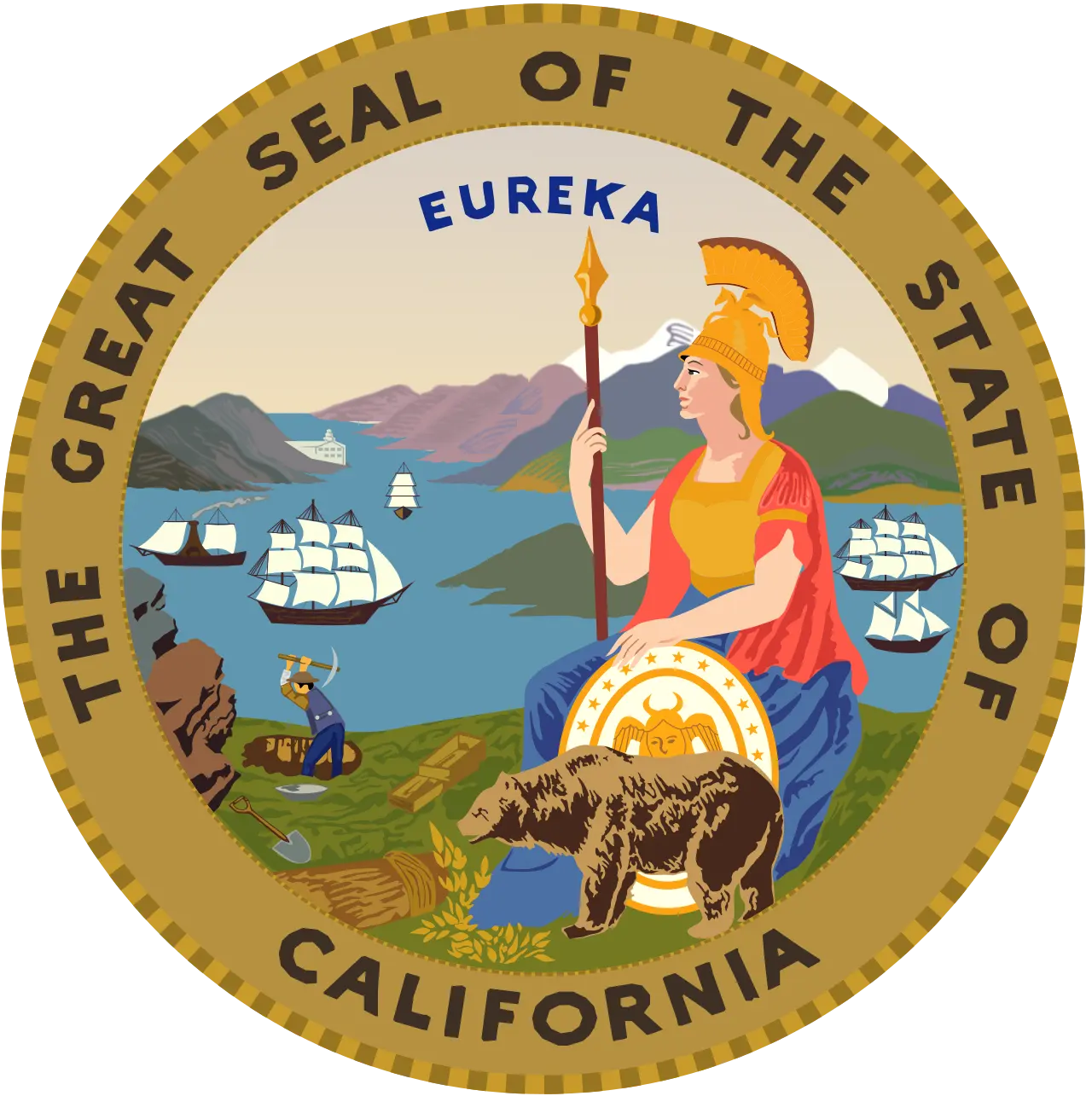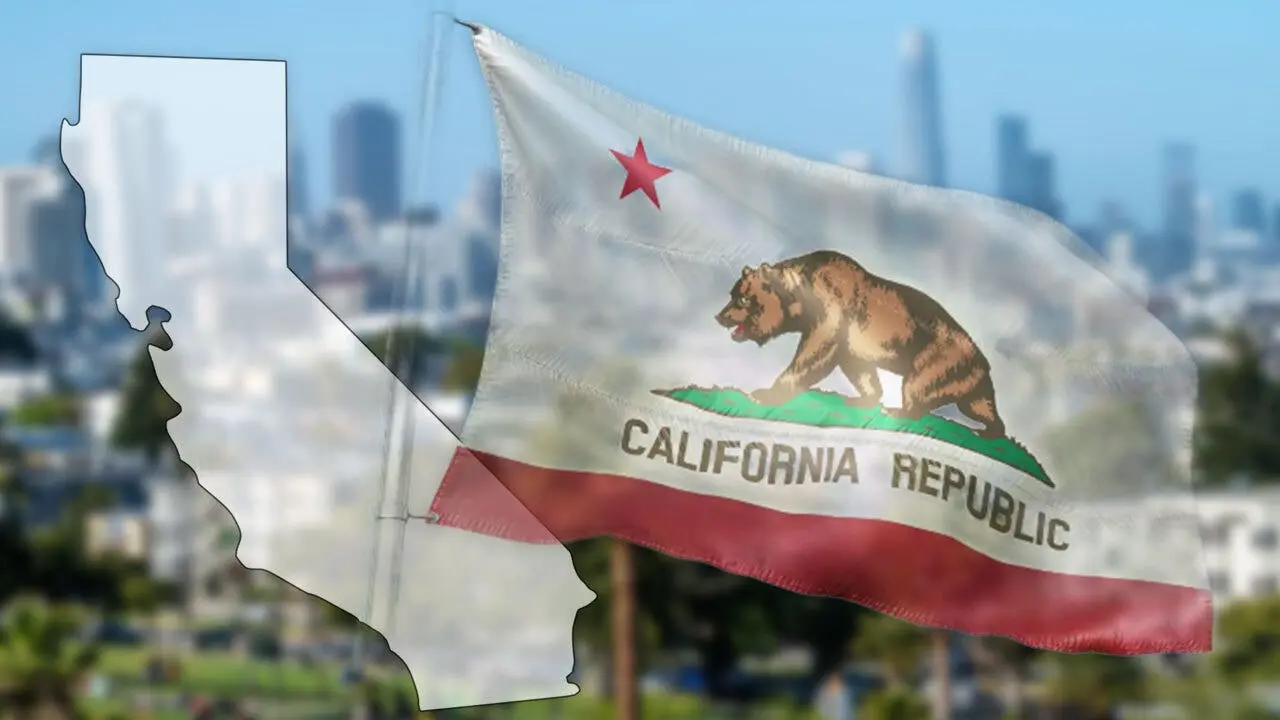Thanks. Is this some new corporate trend? My workplace is pretty old-fashioned so I’m a little insulated from all these weird ideas they come up with.
- 157 Posts
- 2.07K Comments

 2·5 hours ago
2·5 hours agoGood points. Hard to cover everything on such a multi-faceted issue but those are all important factors as well.

 31·6 hours ago
31·6 hours agoTrue I guess maybe it should be opt in although honestly I think online privacy isn’t going to be all that possible going forward. Depends on how strict the government wants to be but it’s pretty hard to control.
Maybe you should define HSE? I have no idea what that stands for.

 91·6 hours ago
91·6 hours agoThis is an interesting question but it also made me ponder something related. It makes sense for Wikipedia to focus on only notable people, but why not create a WikePeople or something that aims to be comprehensive about every person we can find information on? Or does something like this exist already?

 3·8 hours ago
3·8 hours agoOh so they’re actually created the same way as a zip file? That makes sense I guess. Thanks.

 7·8 hours ago
7·8 hours agoTo be honest I’m not that excited about Harris as a president but I am excited about maybe finally getting our first female president. We’re way overdue for that at this point.

 4·8 hours ago
4·8 hours agoHow do these contain random files like this? Isn’t it just a file that applies some kind of visual effect to the media player?

 1·8 hours ago
1·8 hours agoTrue! This might be part of why we see poorer families having more kids, in addition to the fact that lower educational attainment expectations make it easier to get pregnant younger.
For more middle and upper-class families you typically send them to a retirement home so it’s not something people are as worried about.

 4·9 hours ago
4·9 hours agoWell I’m glad it made sense since I put my phone down and accidentally posted while I was still drafting it lol
I’m going to make a few edits to complete my train of thought.

 112·9 hours ago
112·9 hours agoI like how we phrase this as “better education” and “better career opportunities for women”. While technically true relative to poor countries, these explain nothing about why fertility rates are so low. They are related, but framing them differently will help us understand.
Why do people have fewer kids? Because economic life in most developed countries is relatively unstable, and to ensure economic stability, we require people to develop years of education and work experience to receive a comfortable salary. In many places we now require two such incomes. This mean women really don’t have a choice but to pursue advanced education and work, whether they want to or not. And we are not willing to accommodate children during education or work. This means women (and increasingly men too) are severely penalized economically for having children, and so of course people will have far fewer on average.
Another likely factor is the atomized nature of the modern family. Many people need to move to distant places for work, severing their direct ties to family and community. Human mothers aren’t well equipped to raise children solo, and even two parents is a stretch if you have 2+ kids. In past times we always relied on neighbors and extended family to help keep an eye on the youngsters and to teach parents the skills they need to do it right.
If you look at the very wealthy, there is some evidence that they have higher fertility, though I couldn’t find good data on this so take it with a grain of salt. But they have access to enough money to buy personalized childcare, which solves almost all of the above issues.
In developing countries, children often mean free labor and form the basis of your retirement through elder care, so while the economic conditions are of course worse overall, the opposite incentives exist. Another factor is that poor, agricultural societies are almost always extremely patriarchal, which tends to lead to high (involuntary) fertility.
In my view, egalitarian economic reforms will help bring fertility rates in all countries towards a healthy moderate level.

 1·10 hours ago
1·10 hours agoSocialism means the workers control the means of production which is an antiquated term but can definitely mean direct ownership of businesses. So worker coops are certainly socialist. It doesn’t really make sense to speak of socialism as a single system since it’s more of a collection of ideas, most of which having never been tried. I assume you are talking about the USSR and those who followed its economic system. While I agree that that system was bad, they also didn’t grant workers real control over the economy and weren’t really socialist by the original definition. Even Lenin referred to their system as state capitalism, which they advocated for because marxists believe that capitalism has to advance to a certain stage before socialism can take root. The stated plan was to eventually move towards socialism but of course they never did because when do dictators ever want to give up power?
Most people think socialism is about free markets vs state planning but this is just Soviet and US propaganda. While some socialists did advocate for state planned economies, you can also have state planned capitalist economies such as the nazi war economy.
Anyway, that’s all esoteric political theory and not super relevant to worker coops which almost everyone agrees are pretty cool.

 1·10 hours ago
1·10 hours agoThat would be a significant departure from its original meaning. Capitalism was about economic ownership by capitalists—the class of people at the top of the economic hierarchy, who are wealthy enough to start their own businesses or buy shares from others and earn money without working. On the other hand, socialism is ownership or control of the economy by workers. Worker coops definitely could be considered a form of socialism, albeit it is probably the one that is most similar to capitalism since it still involves markets. So if you want to call worker coops capitalist then it would be both capitalist and socialist at the same time which is rather confusing to me.
But I mean words change, I think it’s a bit confusing to call this capitalism but maybe it would be more politically viable if we called it that. Lots of people are afraid of socialism because of the USSR and their atrocities.
Oops I guess I missed those lol. No I was thinking this was the only post.
Hope somebody came out to meet you! I’m in Sac actually so it’s a little far for me but otherwise I would be down.
Because some instances that aren’t managed well can just have tons and tons of spambots signing up constantly such that it’s not practical to ban individual accounts. Especially since most admin and mod teams are small on Lemmy. There are also literal nazi instances that exist just to go out and harass and threaten minorities or people they hate. While you could ban all the users it’s a lot easier to just block the whole instance.
So while I agree with you that it’s overused, I don’t see how completely disallowing it can work. Not sure what a better solution would look like though.
The lemming ship is long since sailed. I don’t love it but fediversians may be worse lol

 3·20 hours ago
3·20 hours agoI wouldn’t sweat it too much. If you haven’t been banned from Lemmy.ml you’re either a bootlicker or you haven’t said enough yet. That place is deranged.
Just join similar communities on other instances and move on. No point in appealing.

 1·20 hours ago
1·20 hours agoI mean collective employee ownership can’t really be considered capitalism. Who are the capitalists in this economy? Everyone? It works very differently.
Generally most proponents of worker-coops are considered market socialists or anarchists, depending on their attitudes toward the state.
That said it can exist within capitalism, though it’s not clear whether capitalism will allow this ownership structure to expand significantly.
Fun idea but I feel like it might help to plan slightly further in advance.






















Right but I was thinking with a similar rigor and citation system as with Wikipedia. So it’s pretty different in practice.